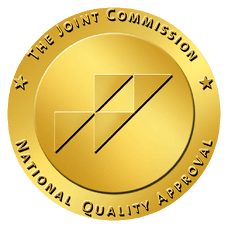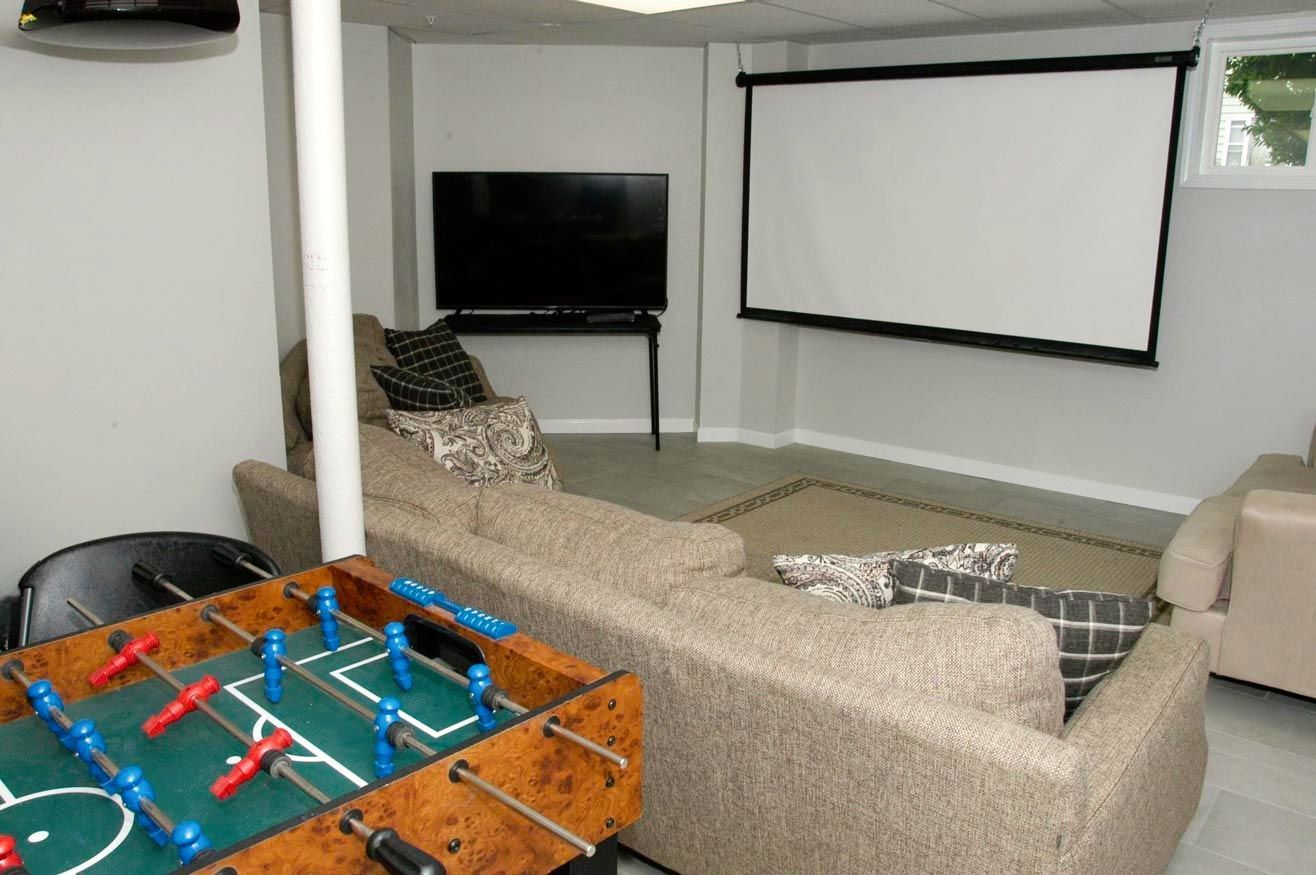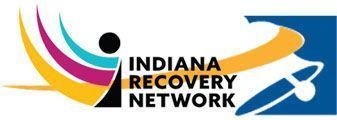OUR TREATMENTS BUILT FOR YOU
At The Loft Recovery, we understand that finding the right treatment tailored to your specific needs or those of your loved ones can be daunting. Substance abuse and mental health challenges are unique to each individual and require a personalized approach. That's why we offer individualized treatment programs designed to address various issues, including addiction to drugs and alcohol, mood disorders, trauma, and co-occurring disorders.
Our primary goal is to facilitate profound change through cutting-edge, evidence-based practices delivered by our experienced and compassionate team, all within the comfort of our safe and luxurious facility in Kokomo, Indiana. We firmly believe in the possibility of true and sustainable transformation.
Our range of programs includes Partial Hospitalization (PHP), Intensive Outpatient (IOP), and Evening IOP, allowing us to work with you to identify your specific goals and develop a program that suits your unique needs. Our comprehensive addiction treatment program encompasses individual and group therapy, psychiatric care, and 12-Step Facilitation.
At the core of our clinical approach is Interactive Journaling, an innovative experiential modality that empowers you to take charge of your personal transformation. Our expert treatment team combines various therapeutic modalities, including Cognitive Behavioral Therapy (CBT), Motivational Interviewing, Dialectical Behavioral Therapy (DBT), Acceptance and Commitment Therapy, Narrative Therapy, Eye Movement Desensitization and Reprocessing (EMDR), Neurofeedback, and Occupational Therapy, to promote long-term recovery.
We also provide essential services such as psychiatric care, case management, discharge planning, and holistic practices like acupuncture, yoga, and fitness. These elements combine to create a truly comprehensive and holistic treatment experience at The Loft Recovery.
Enhanced Support
Structured Care
Holistic Healing
Personalized Recovery
EMDR THERAPY
EMDR stands for – Eye Movement Desensitization and Reprocessing. The Loft Recovery offers EMDR therapy to clients suffering from post-traumatic stress disorder and other trauma-related distress. Trauma is common among those struggling with addiction and mental health disorders, so this type of therapy is a natural fit for inclusion in a comprehensive treatment program.
COGNITIVE BEHAVIORAL THERAPY
Cognitive Behavioral Therapy (CBT) is a type of psychotherapy treatment that offers a hands-on, practical approach to problem-solving. We at The Loft Recovery believe that our thoughts and beliefs shape our behaviors, and by using cognitive behavioral therapy techniques, we can change false beliefs and thinking errors to affect behavior positively.
Ready to begin your journey?
Our Addiction Treatment Modalities
The Loft Recovery specializes in providing addiction treatment tailored to meet individual needs. Our approach is personalized for each person, carefully considering their unique circumstances. Our primary focus is to assist individuals in healing their minds, bodies, and spirits..







